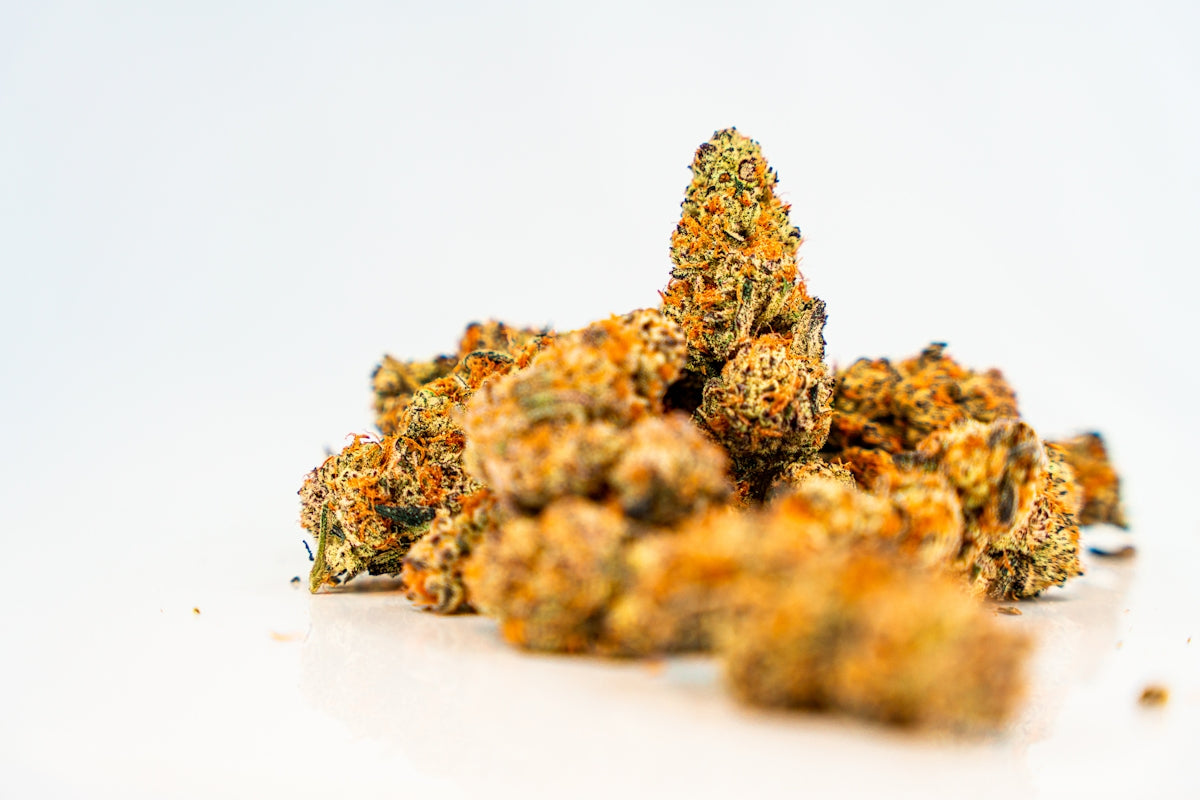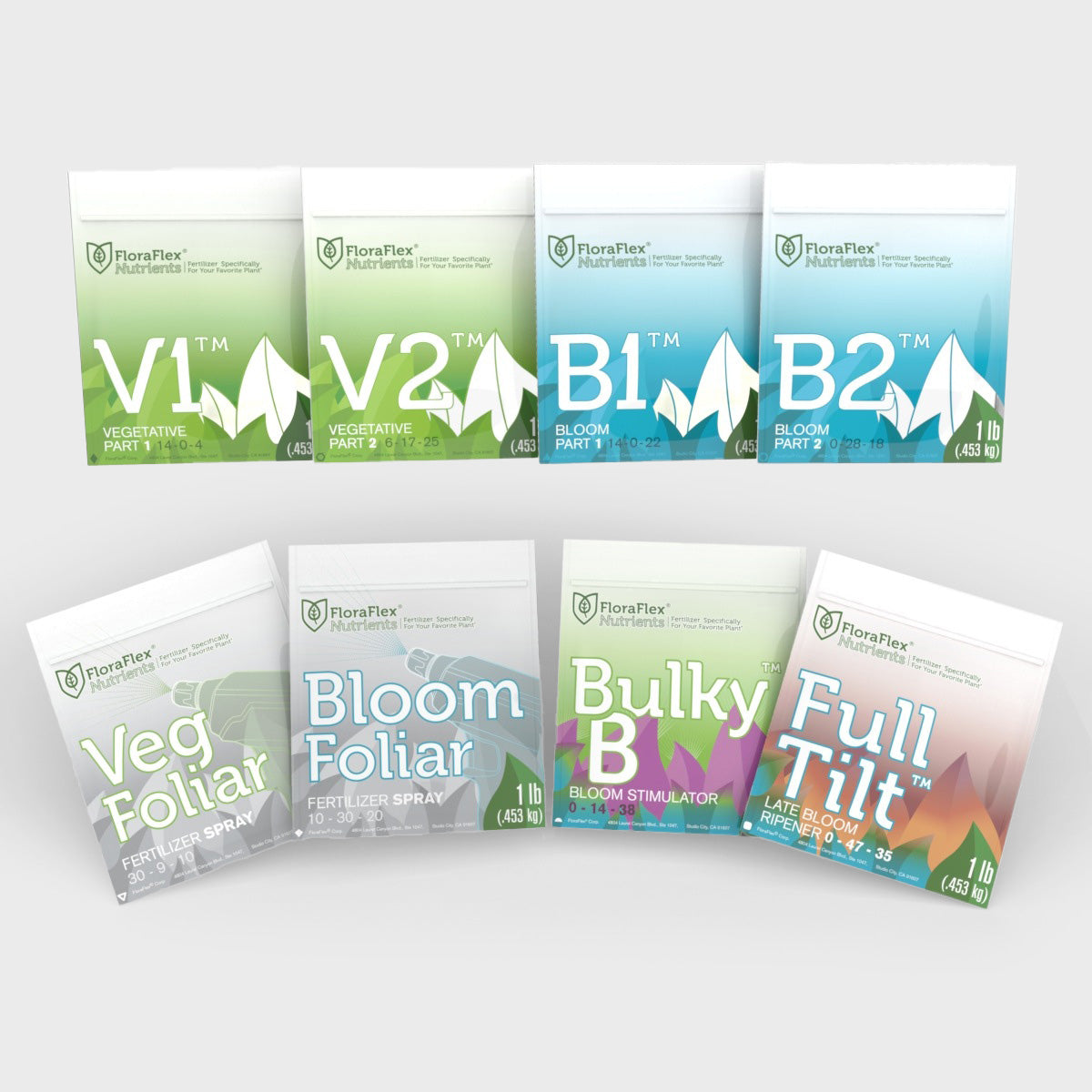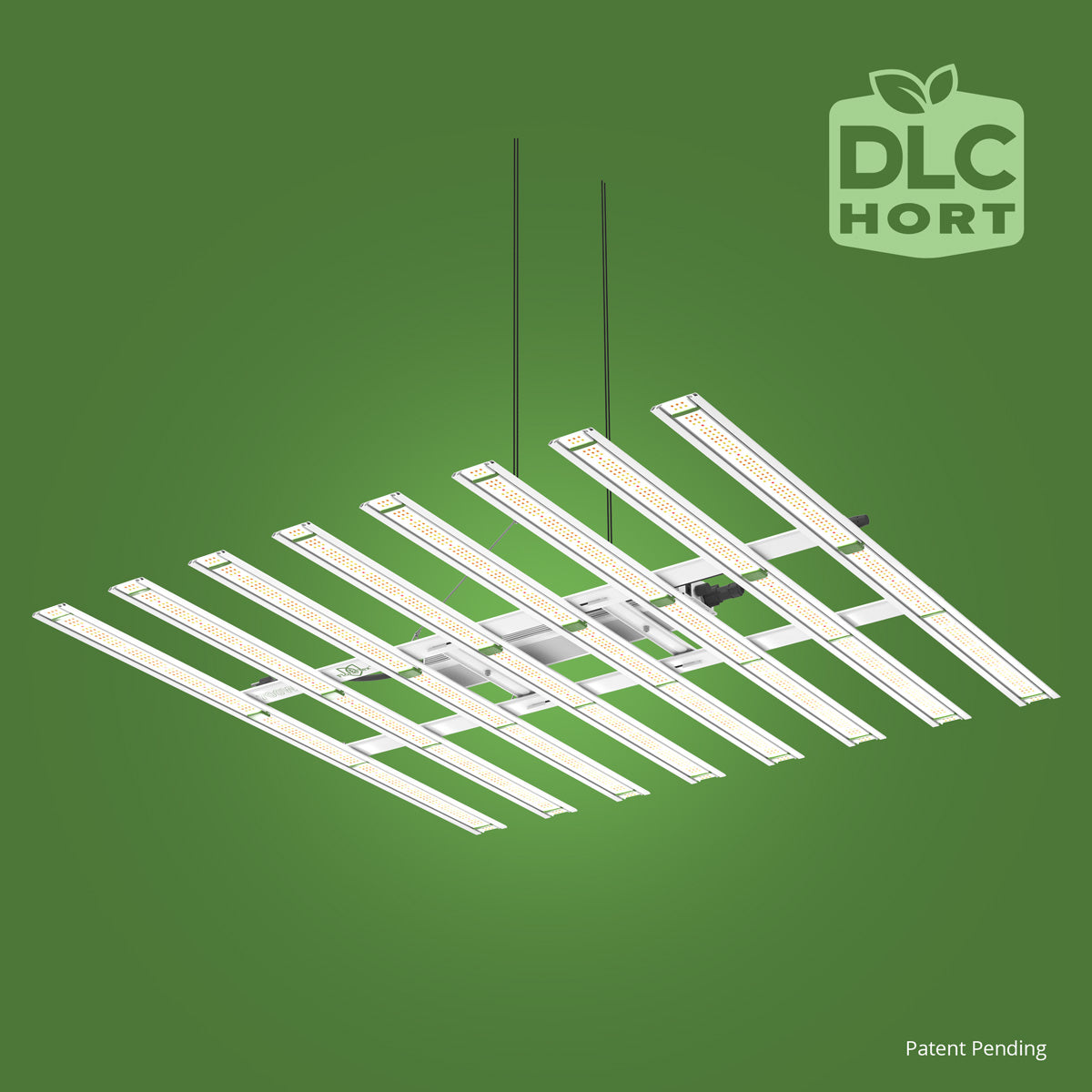The cannabis industry has been booming in recent years, as more regions around the world begin to recognize the benefits of this versatile plant. As the market expands, so do consumer preferences and growing techniques. One of the hot topics within the cannabis cultivation community is the debate between organic and non-organic cannabis. What distinguishes these two approaches, and how does it affect the end product? In this blog post, we'll explore the key differences between organic and non-organic cannabis cultivation, examining factors like growing practices, product quality, and environmental impact.
What is Organic Cannabis?
Organic cannabis cultivation involves growing plants without the use of synthetic chemicals or genetically modified organisms. The process follows principles that focus on maintaining ecological balance and promoting biodiversity. Organic farmers rely on natural inputs like compost, biofertilizers, and biological pest control methods. These techniques nurture the soil and reduce the impact on the environment, resulting in a product that some users find preferable in terms of flavor and overall experience.
Organic Soil Amendment
One of the core components of organic cultivation is the use of natural amendments to enrich the soil. This includes composting plant waste, using natural fertilizers like bat guano or worm castings, and planting cover crops to fix nitrogen in the soil. The goal is to develop a living, breathing ecosystem that provides nutrients to the cannabis plants naturally, without the need for synthetic chemicals.
Pest and Disease Management
Biological methods are key to managing pests in organic cannabis growing. Predatory insects such as ladybugs or parasitic wasps are introduced to control pest populations naturally. Organic growers might also employ neem oil or insecticidal soap, derived from natural sources, to keep harmful pests at bay.
Non-Organic Cannabis Cultivation
Non-organic cannabis cultivation can include a variety of growing methods, often using synthetic fertilizers and pesticides to maximize yield and minimize crop loss. These methods are optimal for achieving large-scale commercial production but can have implications on the product and environment.
Use of Synthetic Fertilizers
In non-organic cultivation, synthetic fertilizers are often used to ensure that cannabis plants receive a precise balance of nutrients. These fertilizers are formulated to promote faster growth and increase crop yield. However, they can contribute to soil erosion and pollution if not managed properly.
Pest Control with Chemical Pesticides
Non-organic growers may use chemical pesticides to protect plants from pests and diseases. These substances can be effective at quickly managing unwanted insects and fungi but may leave residues on the plants, potentially impacting flavor and aroma.
Product Quality and Experience
The difference between organic and non-organic cannabis goes beyond growing techniques. Many enthusiasts claim that organic cannabis offers a superior taste and experience due to the way the plants are grown and the absence of synthetic additives. This is often evident in the pureness of flavor, the smoothness of the smoke, and the overall potency.
Terpene Profile
Terpenes are aromatic compounds found in cannabis that contribute to its aroma and flavor. In organic cultivation, the focus on natural growth allows these compounds to develop more fully, potentially leading to a richer and more complex flavor profile. Proponents argue that this enhances the overall sensory experience of consuming cannabis.
Considerations for Growers
Whether choosing organic or non-organic, each method requires careful consideration and a thorough understanding of plant biology and growing conditions. Growers should consider their goals, resources, and the potential market demand for organically or non-organically grown cannabis.
Environmental Considerations
The environmental footprint of cannabis cultivation is an important factor in this debate. Organic farming practices are often more sustainable, minimizing pollution and conserving natural resources. Non-organic cultivation, while efficient, can lead to higher resource consumption and environmental impact.
Soil Health
Organic practices improve soil health by increasing its organic matter and microbial diversity. This can lead to better water retention, reduced erosion, and long-term sustainability of the growing land. Non-organic practices may degrade soil health over time, requiring more intensive resource usage to maintain productivity.
Carbon Footprint
The carbon footprint of growing cannabis is largely influenced by the use of synthetic inputs and energy consumption. Organic cultivation often requires less energy and fewer petroleum-based products, presenting a greener option for the environmentally conscious cultivator.
Choosing the Right Growing Medium
Whether you're leaning towards organic or non-organic cultivation, selecting the appropriate growing medium is crucial. For those interested in maximizing sustainability and efficiency, products like the 6" FloraFlex Wool (Basalt Derived) offer a fantastic balance. This growing medium is derived from basalt rockwool, providing excellent water retention and aeration properties, suitable for both organic and non-organic systems.
Conclusion
The debate between organic and non-organic cannabis cultivation encompasses a range of considerations, from environmental impact to product quality and personal preference. Organic cannabis offers a sustainable approach with potential benefits in flavor and experience but may require more careful management and investment in time and resources. Non-organic methods can provide higher yields and more controlled growing conditions, albeit with a larger environmental footprint.
For many consumers and growers, the decision ultimately boils down to values and priorities. Understanding the nuances of each method helps cultivators make informed choices that align with their goals and ethics.
Explore more about sustainable cannabis growing solutions and products at FloraFlex.









